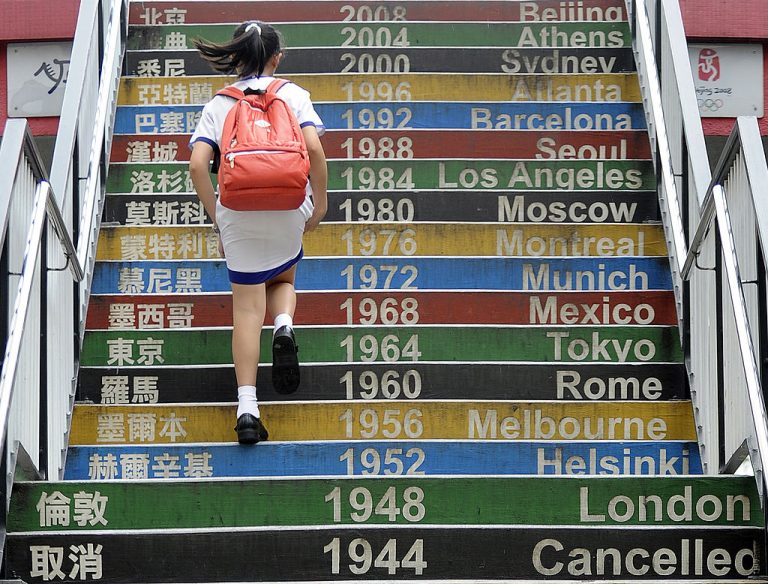A London university has told its professors to be careful not to record class discussions or lectures on topics related to the Chinese Communist Party (CCP) because of fears the students may be arrested if they ever pass through the formerly democratic city of Hong Kong.
The SOAS University of London, formerly known as the School of Oriental and African Studies, warned that lecture notes, class recordings or laptops that contain course material could be used against students or professors if they visit Hong Kong or China.
The National Security Law, which came into effect in Hong Kong on June 30 last year, criminalizes activities defined by the city’s CCP-loyal government as subversion or secession within a very wide and arbitrary scope of application.
The draconian law also applies to a vaguely defined category of “offences” claimed to be committed against Hong Kong “from outside the Region by a person who is not a permanent resident of the Region,” as stated in Article 38 of the law.
The document from SOAS, which was viewed by The Times, evidently states, “The law is vague about what constitutes subversion, making the implications even more worrying.”
Success
You are now signed up for our newsletter
Success
Check your email to complete sign up
“A whole host of topics are potentially off-limits because of this law, topics that lie at the heart of the social sciences and humanities…ethnicity, sovereignty, identity, the quality of governance etc.”
SOAS cautioned that verbal statements made by professors or students related to Hong Kong, Taiwan, the CCP’s handling of SARS-CoV-2, social movements, ethnic identities, state surveillance, language policy, the implications of President Xi Jinping extending his term indefinitely, ethnic unrest, etc., may make students de facto “criminals” in the eyes of communist authorities.
Though the university advised avoiding class recordings, it said that self-censoring while discussing such issues is “unacceptable and should not be contemplated.”
Benedict Rogers, the founder and chairman of Hong Kong Watch, said to Breitbart, “As a SOAS alumni, this is a particularly sad day. The guidance by the SOAS authorities is understandable in the circumstances, but it is a sad reflection of the dangers of the Chinese Communist Party regime.”
In September last year, The Guardian had reported that Oxford University was asking students taking classes on China-related topics to submit their papers anonymously so as to protect them from being criminalized by the communist regime.
In the article, Patricia Thornton, an Associate Professor of Chinese Politics, had raised the issue of how to protect academic freedom when the CCP was claiming the right to interfere everywhere, “I have decided not to alter the content of my teaching. However, like my colleagues in the U.S., I am mindful of my duty of care for my students, many of whom are not UK citizens. My students will be submitting and presenting work anonymously in order to afford some extra protection.”
Chinese money
The Chinese takeover of the British education system is also triggering worries in the UK. A report released in July last year by the Onward think tank found universities in the country had become too dependent on money from foreign sources, especially from China.
Out of the £5.8 billion the industry received from non-EU foreign students in 2018/19, almost £2.1 billion came from Chinese students. This made up 11 percent of all higher education fee income and 36 percent of all non-EU student income for universities.
The report went on to say that there were concerns that the CCP and the entities it controls were seeking to “undermine academic freedom” in the UK.
The Onward website quotes Director and author of the report, Will Tanner, as saying that Chinese money was threatening the “long-term sustainability” of British universities.
In February this year, activist and former politician Nigel Farage wrote in an article at the Daily Mail that there is a “communist takeover” of British private education sector underway.
As an example, he pointed to the Bright Scholar Group owning a network of privately-owned public schools and colleges in the country. The group is run by a Chinese individual whose father is a senior member of the Communist Party. Farage demanded the government wake up to the threat posed by China and take appropriate actions quickly.
“Particularly at risk are private schools. Inflation has meant that fees have risen rapidly over the last two decades and so they have become unaffordable to all but the richest. As a result, such schools – especially those with borders – are reliant on Chinese students to help balance the books,” Farage wrote in the article.














